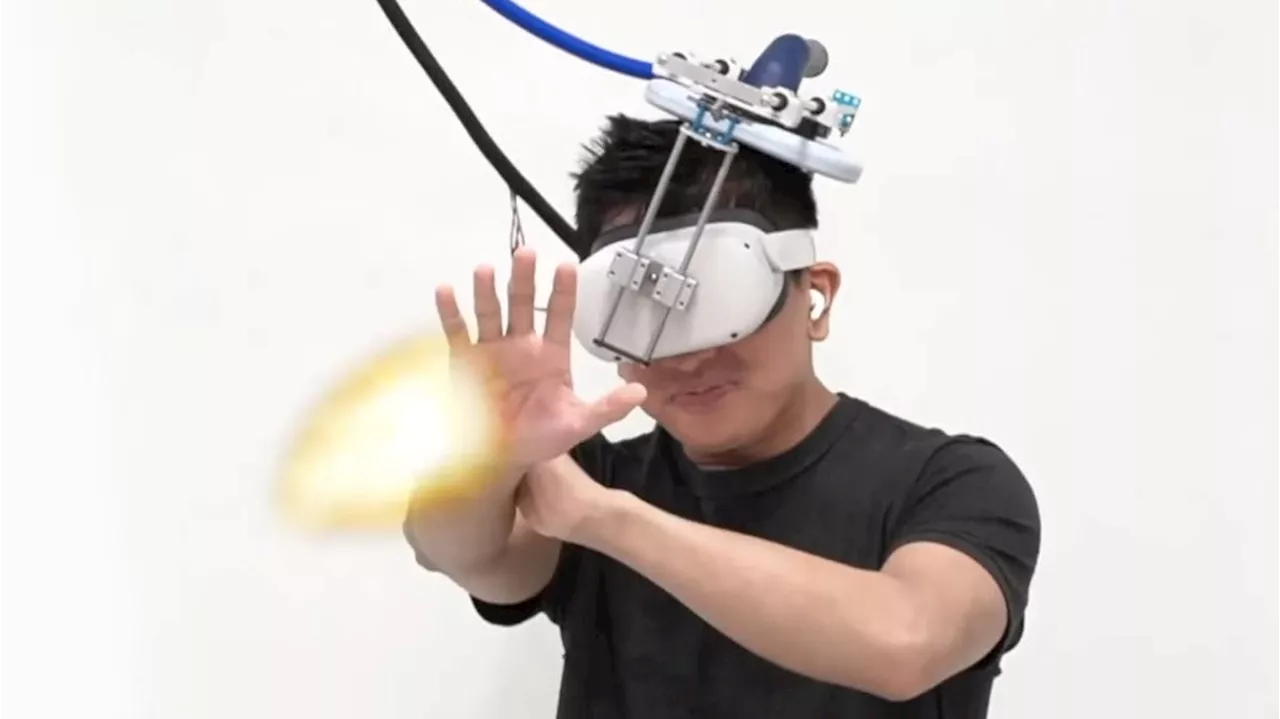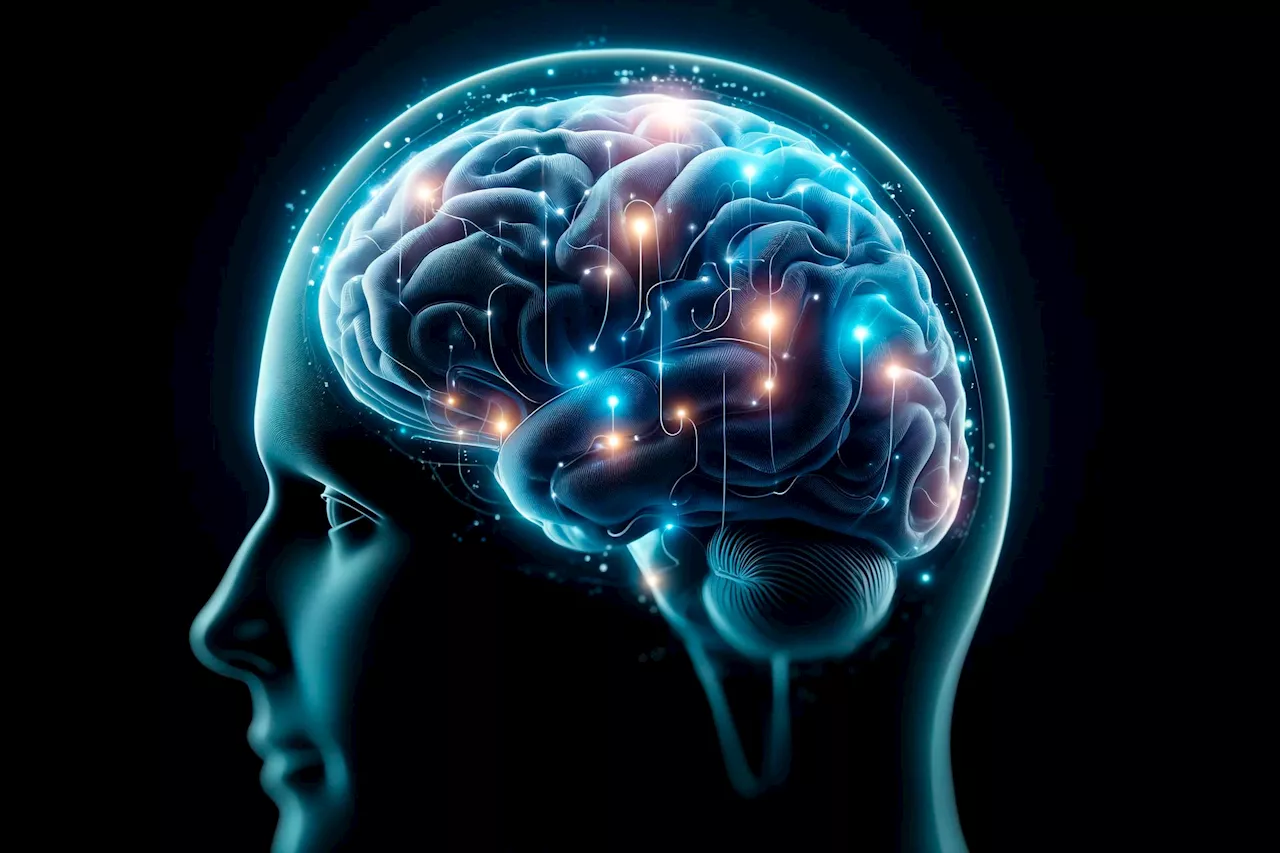An international research group succeeded in identifying the probable origin of stuttering in the brain.
An international research group led by researchers from the University of Turku and Turku University Hospital in Finland has succeeded in identifying the probable origin of stuttering in the brain.
Stuttering may also be acquired as a result of certain neurological diseases, such as Parkinson's disease or a stroke. However, the neurobiological mechanisms of stuttering are not yet fully understood, and where it originates in the brain remains uncertain. The findings from brain imaging studies are partly contradictory, and it is challenging to determine which changes are the root cause of stuttering and which are merely associated phenomena.
"These findings explain well-known features of stuttering, such as the motor difficulties in speech production and the significant variability in stuttering severity across emotional states. As major nuclei in the brain, the putamen regulates motor function and the amygdala regulates emotions. The claustrum, in turn, acts as a node for several brain networks and relays information between them," explains Joutsa.
Nervous System Psychology Research Medical Devices Language Acquisition Brain Injury Child Development Brain-Computer Interfaces
United States Latest News, United States Headlines
Similar News:You can also read news stories similar to this one that we have collected from other news sources.
 Researchers create VR haptic feedback that uses brain stimulationAbdullah is an ardent believer in the future of VR, and can't wait to see what more it brings to the table as technology improves. He enjoys covering new software releases in the XR industry, as well as major news about hardware and companies focused on VR.
Researchers create VR haptic feedback that uses brain stimulationAbdullah is an ardent believer in the future of VR, and can't wait to see what more it brings to the table as technology improves. He enjoys covering new software releases in the XR industry, as well as major news about hardware and companies focused on VR.
Read more »
 Researchers develop a nanoparticle that can penetrate the blood-brain barrierResearchers at Sylvester Comprehensive Cancer Center at the University of Miami Miller School of Medicine have developed a nanoparticle that can penetrate the blood-brain barrier.
Researchers develop a nanoparticle that can penetrate the blood-brain barrierResearchers at Sylvester Comprehensive Cancer Center at the University of Miami Miller School of Medicine have developed a nanoparticle that can penetrate the blood-brain barrier.
Read more »
 Researchers unveil shared and unique brain molecular dysregulations in PTSD and depressionResearchers analyzed multi-omic data from 231 people with PTSD or depression to uncover distinct molecular differences that might affect systems such as the nervous and immune systems, to contribute to these mental health conditions.
Researchers unveil shared and unique brain molecular dysregulations in PTSD and depressionResearchers analyzed multi-omic data from 231 people with PTSD or depression to uncover distinct molecular differences that might affect systems such as the nervous and immune systems, to contribute to these mental health conditions.
Read more »
 Dartmouth Researchers Have Mapped How the Brain Regulates EmotionsScience, Space and Technology News 2024
Dartmouth Researchers Have Mapped How the Brain Regulates EmotionsScience, Space and Technology News 2024
Read more »
 Researchers map networks to regulate gene function within brainThe largest and most advanced maps of gene regulation netwoeks
Researchers map networks to regulate gene function within brainThe largest and most advanced maps of gene regulation netwoeks
Read more »
 $17 million goes to local researchers studying military PTSD, traumatic brain injuries, suicidePTSD, suicide, and brain injuries plague our military and veteran communities, and local researchers are taking action. Eight new studies were just funded to research how we can best treat those conditions.
$17 million goes to local researchers studying military PTSD, traumatic brain injuries, suicidePTSD, suicide, and brain injuries plague our military and veteran communities, and local researchers are taking action. Eight new studies were just funded to research how we can best treat those conditions.
Read more »
